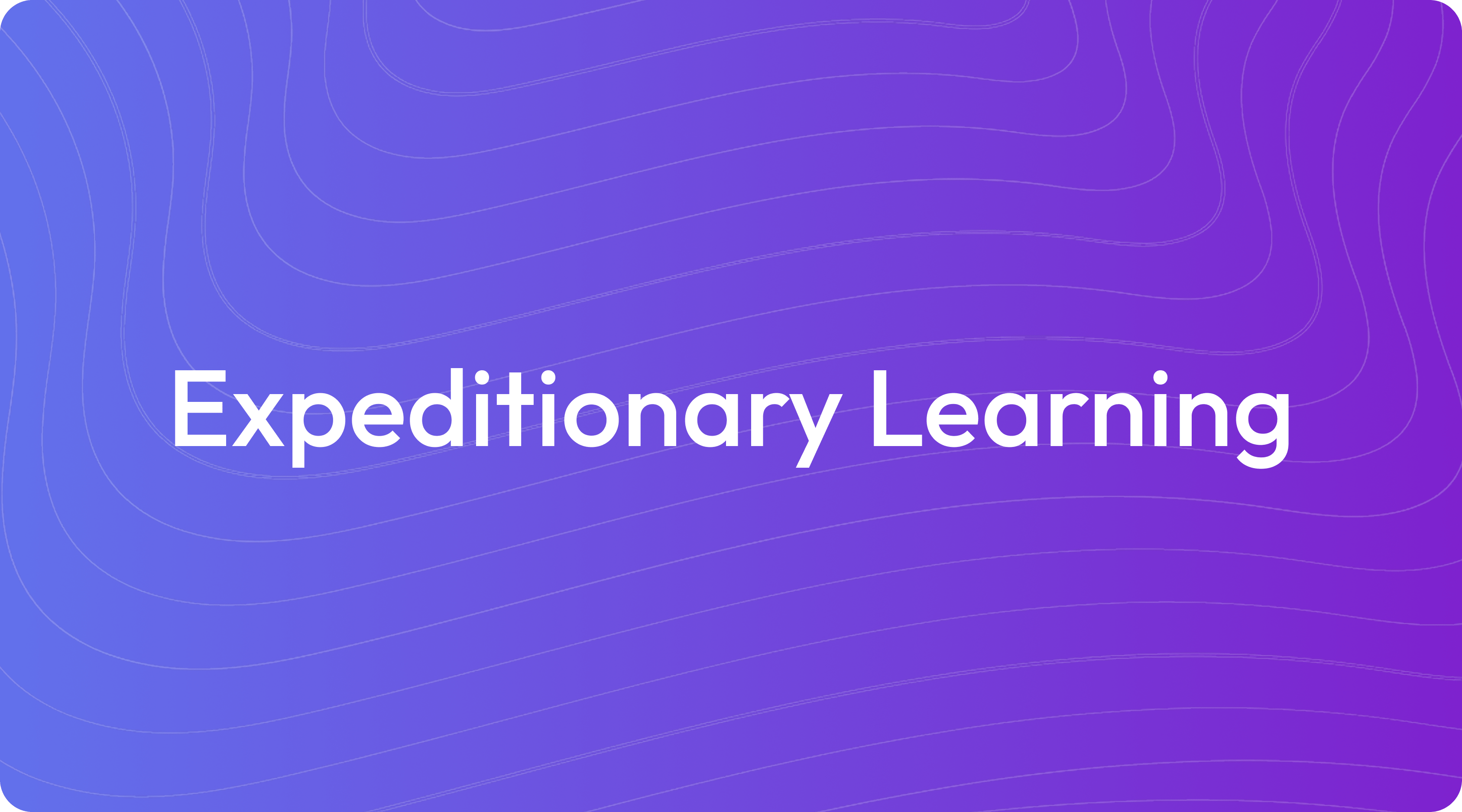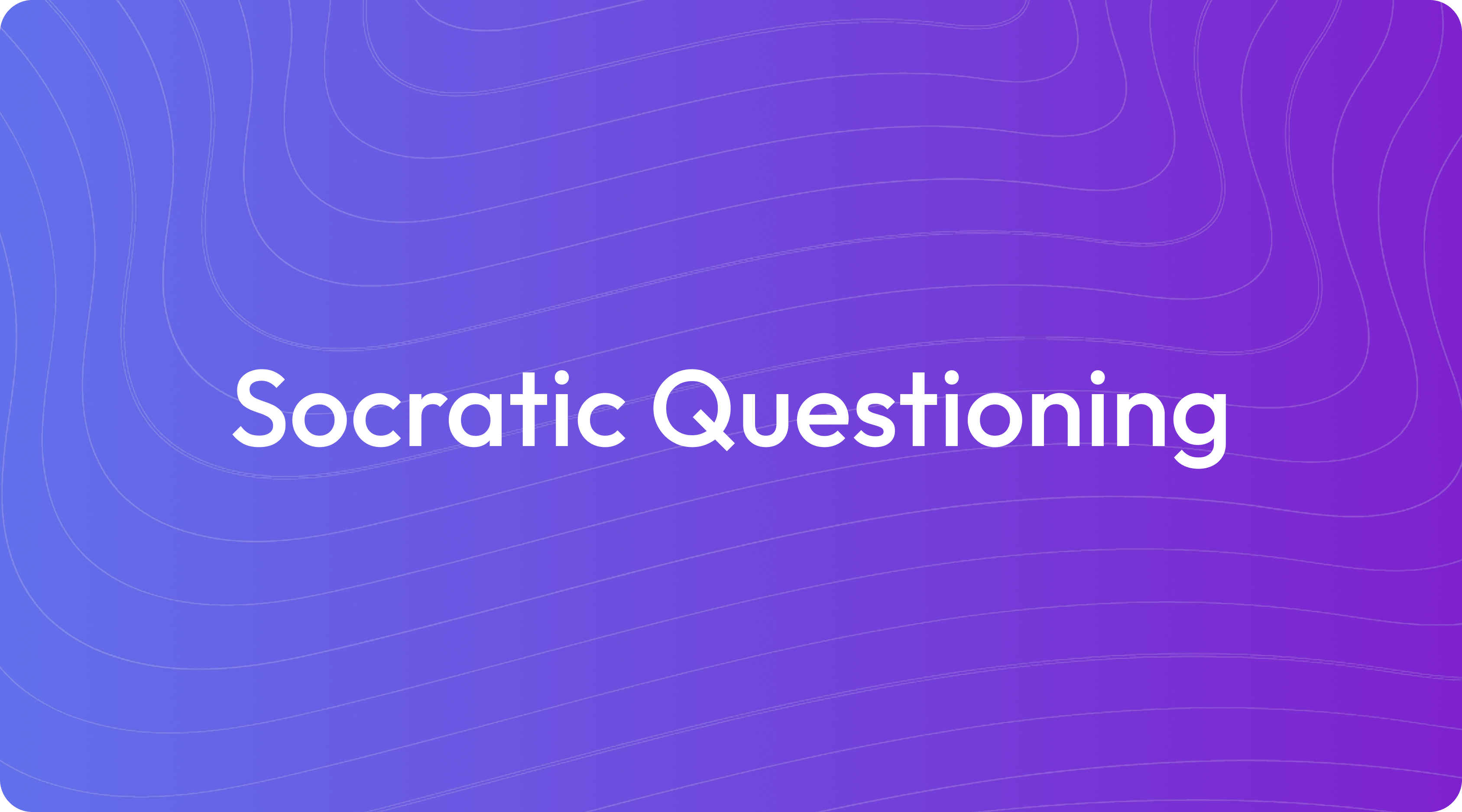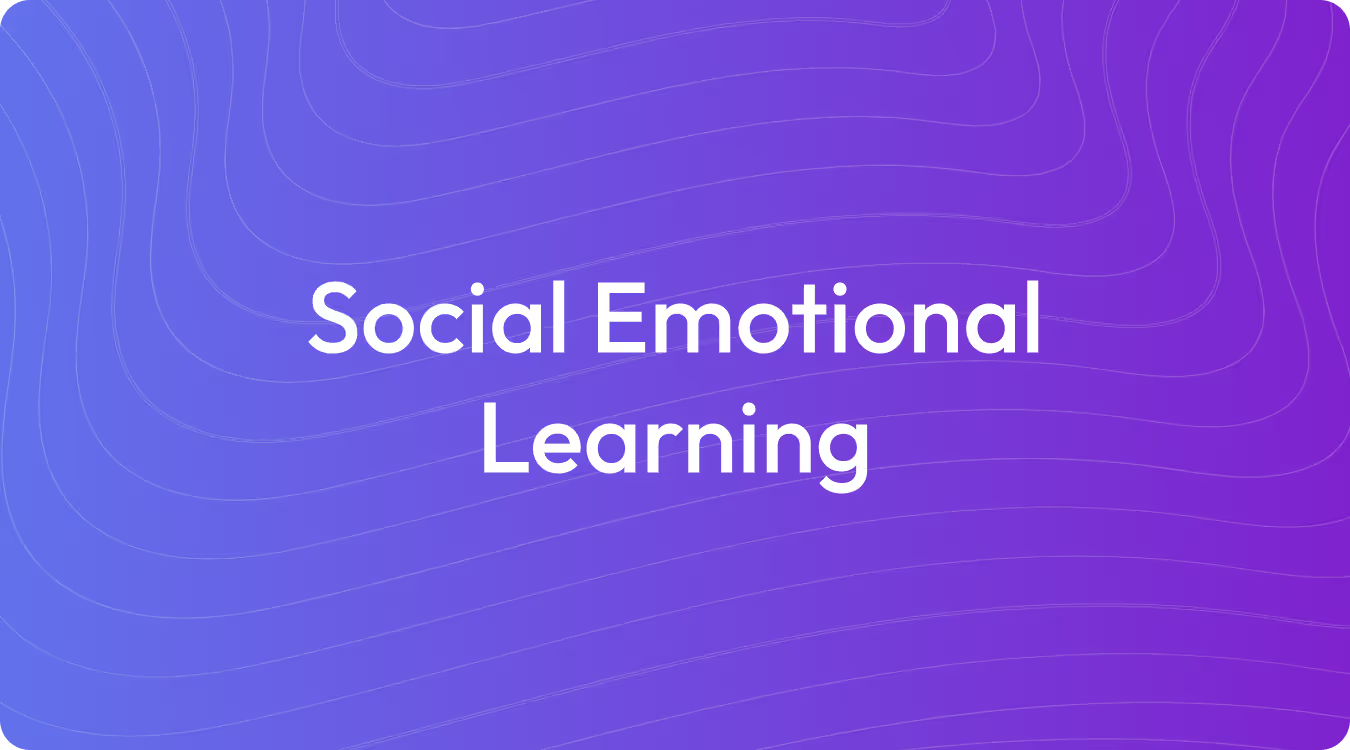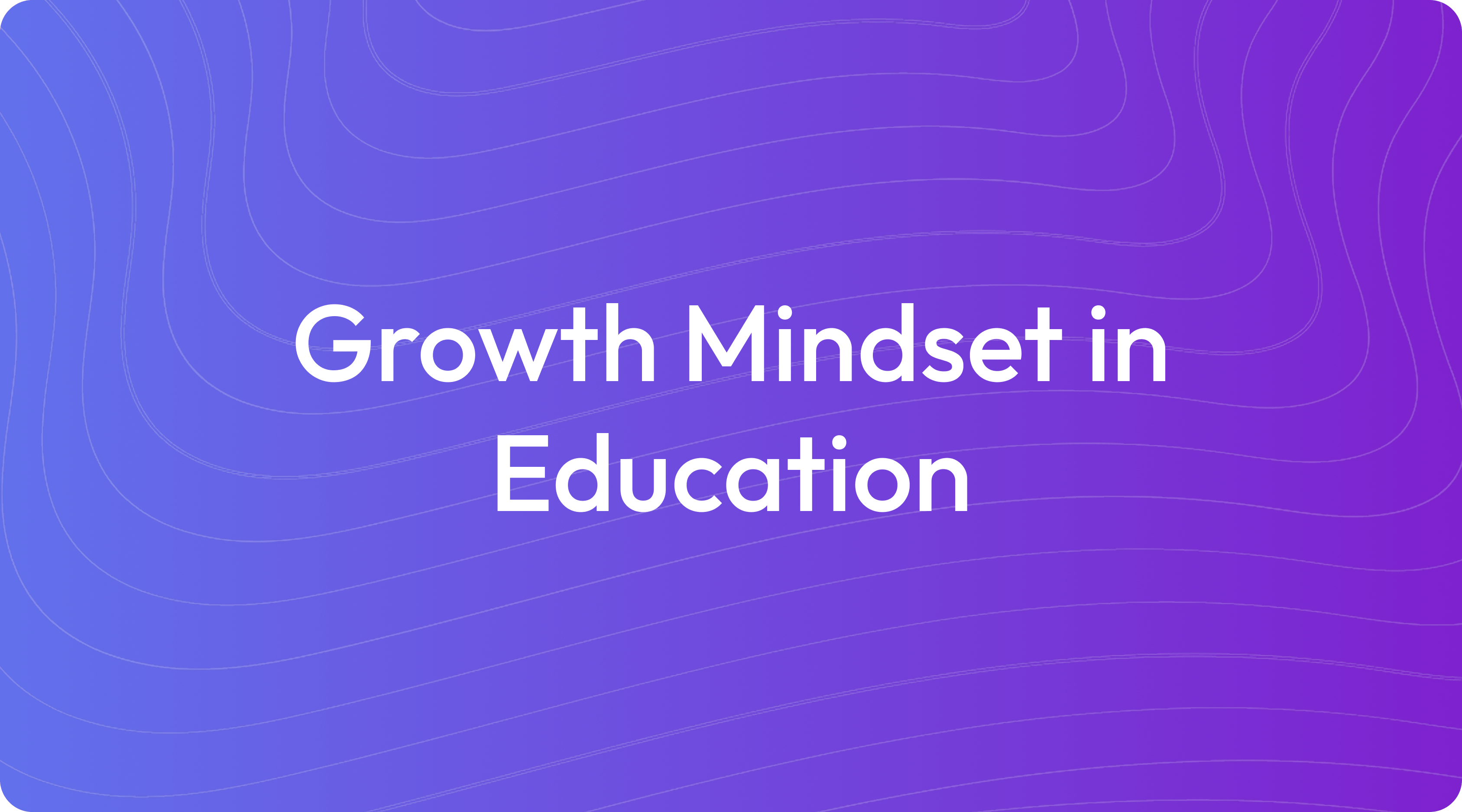What Is Expeditionary Learning?

What Is Expeditionary Learning?
Expeditionary Learning is an educational model that takes learning beyond the classroom, immersing students in real-world experiences. Through hands-on projects and fieldwork, often called "learning expeditions," students explore compelling topics in depth. This method develops both academic knowledge and personal skills, with a strong focus on character traits like perseverance, empathy, and responsibility.
.png)
Expeditionary Learning Strategies and Activities
Expeditionary Learning strategies focus on creating a supportive culture for inquiry and collaboration. The activities are typically hands-on, interdisciplinary projects that connect classroom subjects to real-world issues and applications.
Here are some expeditionary learning strategies and activities:
- Fostering Inquiry: Encouraging students to ask questions and pursue their own curiosity
- Promoting Collaboration: Designing projects that require students to work together in teams
- Making Real-World Connections: Relating projects to actual situations to increase their relevance for students
- Community Gardening: Designing, planting, and maintaining a garden to study topics like biology and nutrition
- Creating a Local History Exhibit: Researching a town's history through interviews and archival visits to produce a museum-style display
- Making Documentaries: Creating films about topics of interest to develop research and artistic expression skills
- Conducting an Environmental Study: Organizing outdoor activities like studying a local river’s ecosystem or participating in community clean-ups
- Customizing Teaching: Adapting instruction and using a variety of resources to accommodate different learning styles
- Encouraging Self-Reflection: Providing opportunities for students to think about their work and identify areas for improvement
- Exploring Careers: Inviting local professionals to share their experiences and discuss the skills required for their jobs
Expeditionary Learning Benefits
Expeditionary Learning is an approach that can offer unique educational experiences by moving learning outside the classroom. While it presents opportunities for student growth, it also comes with practical considerations for schools and educators. This model can foster skills like critical thinking and collaboration through real-world projects, but its implementation requires careful thought around resources, planning, and logistics.
Here are some of the potential outcomes and challenges associated with Expeditionary Learning:
- Critical Thinking: Students are encouraged to solve problems and work through obstacles.
- Resource Needs: The model often requires a notable investment in materials, travel, and staff.
- Collaboration: Group projects can help students improve their teamwork and communication skills.
- Teacher Workload: Planning and preparing for expeditions can be time-intensive and may contribute to teacher burnout.
- Student Engagement: Hands-on activities can make learning more relevant and interesting for students.
- Curriculum Alignment: It can be challenging to ensure that all activities directly support curriculum standards.
- Personal Growth: Facing and solving real problems helps students build confidence and resilience.
- Assessment Difficulties: Traditional assessment methods may not fully capture the learning that occurs.
- Student Ownership: It encourages students to take more responsibility for their own learning process.
- Stakeholder Concerns: Parents or community members may have questions about the cost, safety, or academic focus of the activities.
Expeditionary Learning Examples
Expeditionary Learning projects can be adapted across various subjects, connecting academic concepts to tangible activities. These projects often require students to engage with their local communities or environments to complete their work.
While these projects can increase student engagement, they also present practical considerations for schools. You may face issues with budgeting for materials and travel, and teachers can find the planning and coordination time-consuming.
Here are a few examples of what expeditionary learning can look like in practice:
- English Literature: Students research local authors and create a walking tour based on their findings
- Geography: Students study a local river's ecosystem by collecting water samples and interviewing community members
- History: Students explore their town's history by interviewing residents and visiting archives to create a museum-style exhibit
- Biology: Students design and maintain a community garden to study plants and agriculture
- Service Learning: Students participate in community service projects, such as food drives or mentoring programs, that are connected to their academic studies
Expeditionary Learning Best Practices
Expeditionary Learning best practices are a set of research-based strategies designed to structure teaching and learning. These practices guide the approach to curriculum, instruction, and school culture to support project-based, real-world learning.
Implementing these practices typically involves a school-wide approach that integrates them across curriculum, instruction, and assessment. The focus is on developing standards-based curriculum that connects learning to real-world issues through student-centered projects.
Here are some examples of Expeditionary Learning best practices:
- Learning Expeditions: Long-term, interdisciplinary projects that connect academic standards to real-world applications and community topics.
- Active Pedagogy: An instructional approach where students are active participants, making connections and solving problems rather than passively receiving information.
- Differentiating Instruction: Adapting lessons and tasks to meet the unique needs of all students, including those with disabilities and English language learners.
- School Culture and Character: Intentionally building a community with shared expectations for behavior and a climate of physical and emotional safety.
- Student-Engaged Assessment: Involving students in their own assessment through self-reflection, critique, and analysis of their work to track progress.
Teach with TeachShare
Expeditionary Learning provides a framework for deep, meaningful student growth by combining hands-on projects with character development and a focus on high-quality work. To build your own engaging, real-world lessons, start creating resources with TeachShare now.
Frequently Asked Questions
Answer






-min.png)
-min.png)